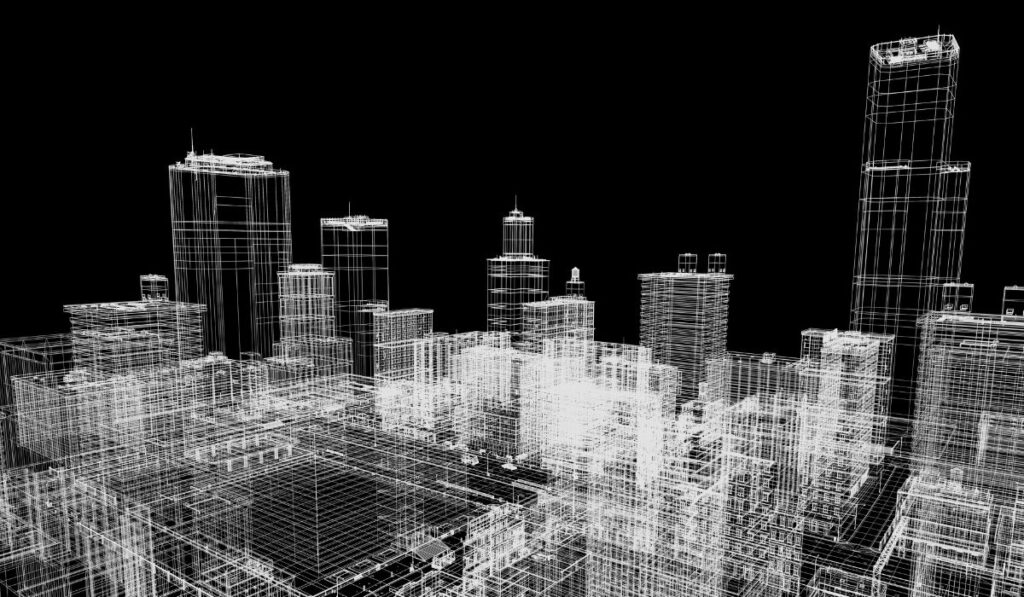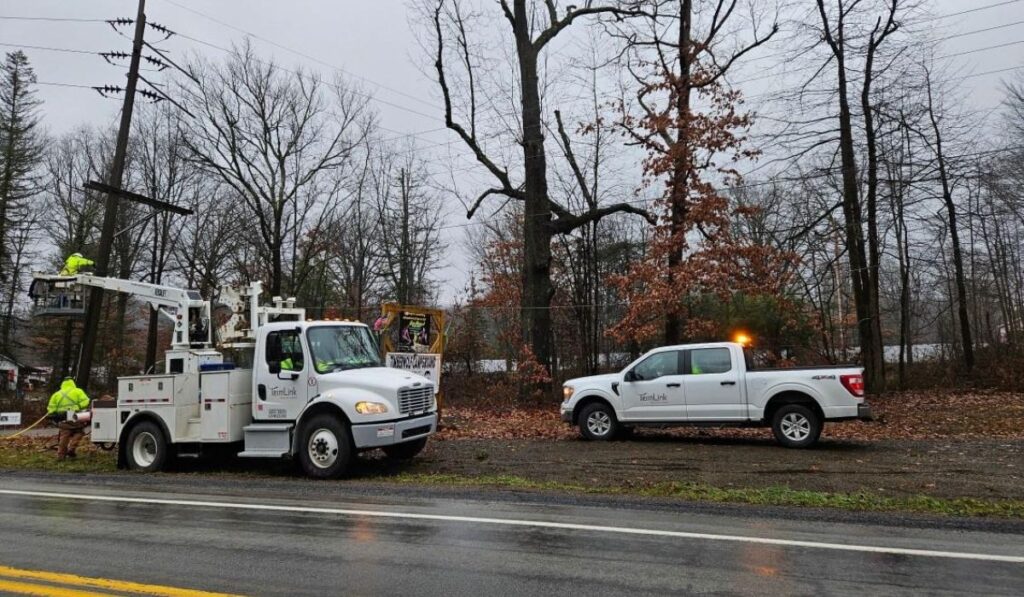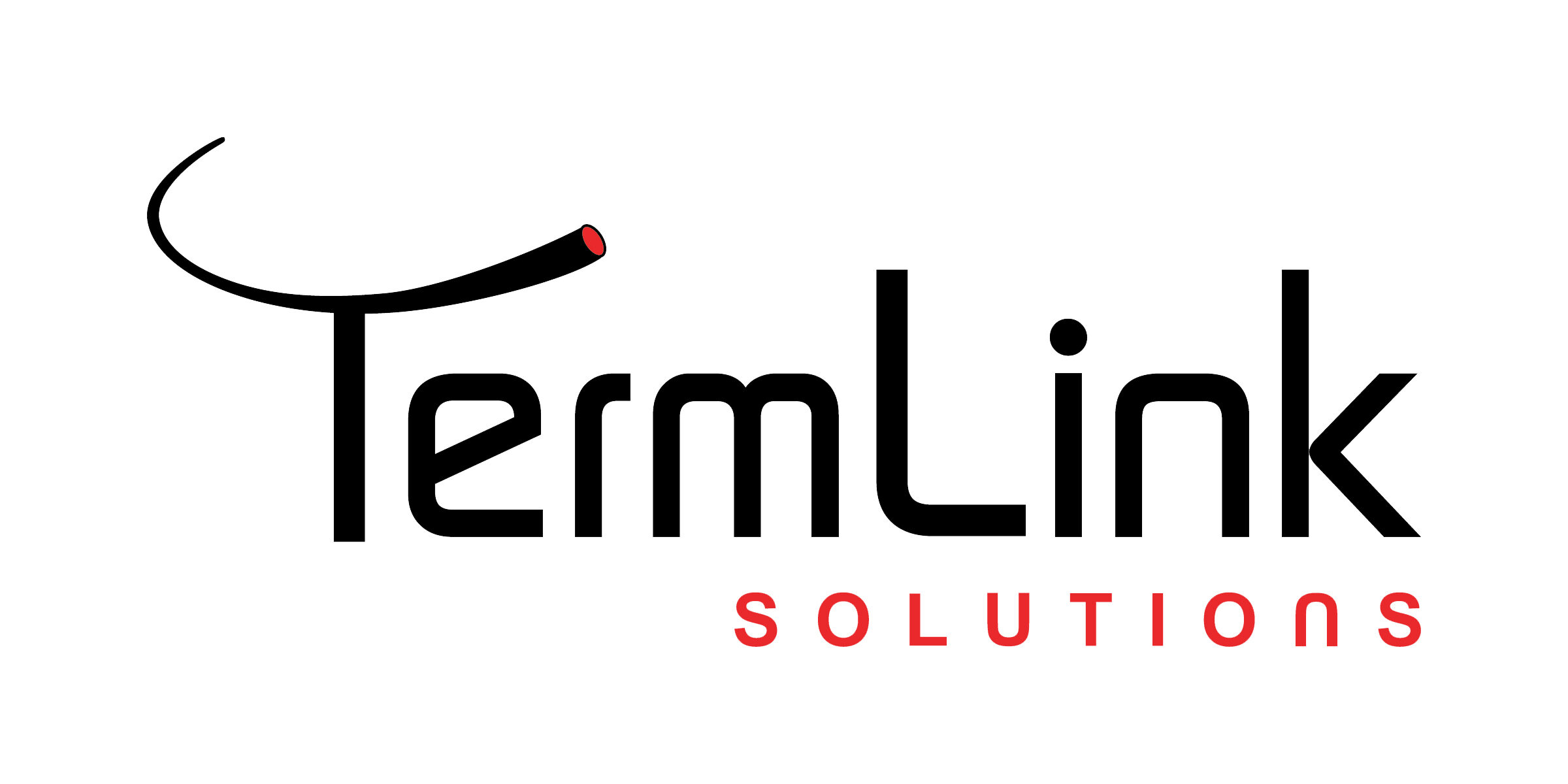
Planning a fiber network is no small task. From choosing the right route to avoiding costly construction delays, accuracy matters at every step. A single mistake in the planning phase can lead to budget overruns, missed deadlines, and unexpected risks once crews hit the field.
That’s why more companies are turning to digital twins for fiber network planning. By creating a virtual, 3D replica of the real-world environment, digital twins allow project managers to test, optimize, and visualize fiber networks before construction even begins. The result? More accurate plans, lower risk, and faster project timelines.
What Is a Digital Twin in Fiber Installation?

A digital twin is essentially a living, digital model of your network project. Using advanced software, planners create a realistic 3D simulation of the route, environment, and infrastructure involved in the build. This is where digital twins in fiber network planning make the biggest impact, providing clarity before construction ever begins.
This allows teams to:
- Visualize the entire project in a virtual environment
- Run “what-if” scenarios before making costly decisions
- Identify challenges like terrain, pole access, or permitting issues early
It’s like having a test run of the entire project, without moving a single piece of equipment.
How Digital Twins Reduce Risk

Traditional fiber planning relied heavily on paper maps, field surveys, and static data. While effective, these methods leave room for surprises once construction starts. Digital twins eliminate much of this guesswork by:
- Identifying conflicts early: Avoid route overlaps, utility clashes, or terrain barriers
- Testing multiple designs: Find the most efficient path before committing resources
- Improving safety: Spot hazards before crews enter the field
- Streamlining permitting: Provide accurate, visual documentation for faster approvals
With risks addressed upfront, projects stay on schedule, and on budget.
Benefits for Project Stakeholders

Digital twins aren’t just a tool for engineers, they benefit everyone involved in a fiber project:
- Municipalities & Utilities gain clear project timelines and fewer mid-project changes.
- Project Managers get real-time visibility for better decision-making.
- Crews work with precise plans, reducing the chance of rework or safety incidents.
Cost and Timeline Advantages

Every delay adds cost. By catching issues before construction begins, digital twins help:
- Prevent redesign costs mid-project
- Optimize material usage so nothing goes to waste
- Shorten project timelines with efficient planning-to-construction transitions
The result is a faster, smoother build that keeps clients ahead of schedule.
How TermLink Leverages Technology
At TermLink Solutions, we believe better planning means better results. By embracing tools like digital twins, we:
- Increase project accuracy from day one
- Deliver efficient, cost-effective installations
- Help clients meet tight deadlines with confidence
It’s part of our commitment to bringing innovation and reliability to every fiber project we take on.

Conclusion
Digital twins are transforming the way fiber networks are planned and built. By turning complex projects into clear, data-driven plans, they reduce risk, improve accuracy, and save time and money for everyone involved.
Ready to see how technology can improve your next fiber project? Contact TermLink Solutions today to get started.

